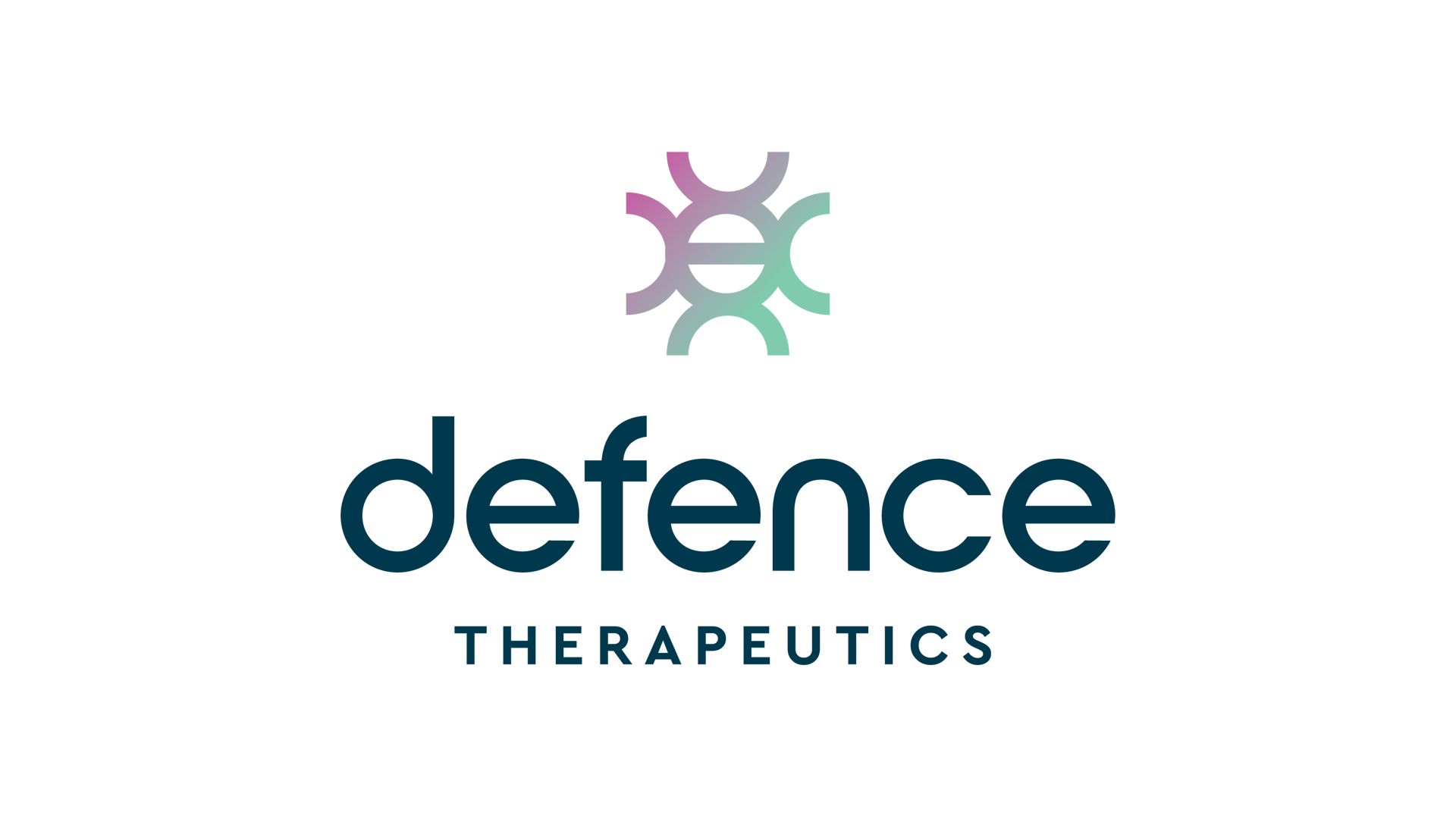
Defence Therapeutics Inc. has announced the publication of a groundbreaking peer-reviewed study on the anti-cancer properties of its unconjugated AccuTOX®, one of the company’s leading products designed to treat established solid tumours.
This significant study, titled ‘Local delivery of AccuTOX® synergises with immune-checkpoint inhibitors at disrupting tumor growth’, has been published in the esteemed Journal of Translational Medicine.
Dr Rafei, the Chief Scientific Officer of Defence Therapeutics, commented: “This study presents insights into how the unconjugated AccuTOX® molecule works.
“More specifically, we demonstrate that AccuTOX® displays improved killing efficiency, triggers immunogenic cell death and produces toxic byproducts while inducing endosomal breaks.
“Moreover, AccuTOX® enhances cancer cell visibility to the immune system. It is very rare to have a drug capable of fighting cancer on multiple fronts simultaneously.”
Development of AccuTOX®
The Accum® platform was originally created to enhance the accumulation of biomedicines in target cells by promoting endosomal-to-cytosol escape.
Interestingly, unconjugated Accum® was found to induce cell death in various cancer cell lines, leading to the development of Accum®-based anti-cancer therapies.
However, resistance in some cancer cell lines necessitated the testing of additional Accum® variants, resulting in the discovery of the AccuTOX® molecule.
AccuTOX® offers several advantages over its parent molecule, Accum®:
- Enhanced killing potency: AccuTOX® demonstrates superior killing efficiency while maintaining the endosomal-to-cytosol escape function.
- Ease of manufacture: The molecule is straightforward to produce.
- Targeted therapy: It can be linked to antibodies as an in situ cleavable anti-cancer molecule, enhancing specificity.
- Versatility: AccuTOX® targets multiple intracellular pathways relevant to cancer growth and progression.
Key findings from the study
The study highlights several critical findings regarding AccuTOX®:
- Therapeutic superiority: AccuTOX® outperforms the parent Accum® in both in vitro and in vivo settings.
- Cell death induction: The molecule induces cell death in various murine and human cancer cell lines, including T-cell lymphoma, colon, melanoma, lung, and breast cancers.
- Reactive oxygen species production: AccuTOX® triggers the intracellular production of reactive oxygen species and disrupts endosomal membranes.
- Immunogenic cell death: Following AccuTOX® contact, cancer cells undergo immunogenic cell death.
- No apparent toxicity: The compound elicits similar responses in both male and female animals without significant toxicity.
- Enhanced antigen presentation: AccuTOX® enhances antigen presentation, making tumours more visible to immune cells.
- Synergistic effects: Intratumoral administration of AccuTOX® in lymphoma, melanoma, or breast cancer synergises with common immune-checkpoint inhibitors, effectively controlling tumour growth.
Sébastien Plouffe, Chief Executive Officer of Defence Therapeutics, added: “In addition to providing an important validation of the antitumoral properties of unconjugated AccuTOX®, this compound currently represents the lead core technology at Defence as the same molecule can be used to generate three different lines of therapies with distinct modes of action (anti-cancer injectable, cell-based vaccine and as a payload for ADCs).
“This unique versatility could pave the path for additional lines of investigations, and it represents a ‘one solution for three major problems’ at once.”
Implications and future directions
The findings suggest that unconjugated AccuTOX® could serve as a potent anti-cancer agent. The unexpected induction of immunogenic cell death by AccuTOX® introduces an immune component to the treatment, potentially transforming ‘cold’ tumours into ‘hot’ tumours with increased immune cell infiltration.
This promising approach has already received FDA clearance for a Phase I trial. Defence Therapeutics has also submitted a Clinical Trial Application (CTA) to Health Canada to expand clinical testing.
The publication of this study marks a significant milestone in the development of AccuTOX® as a versatile and effective anti-cancer therapy.
The encouraging results highlight the potential for AccuTOX® to improve cancer treatment outcomes through its unique mechanisms of action and synergistic effects with existing therapies.










